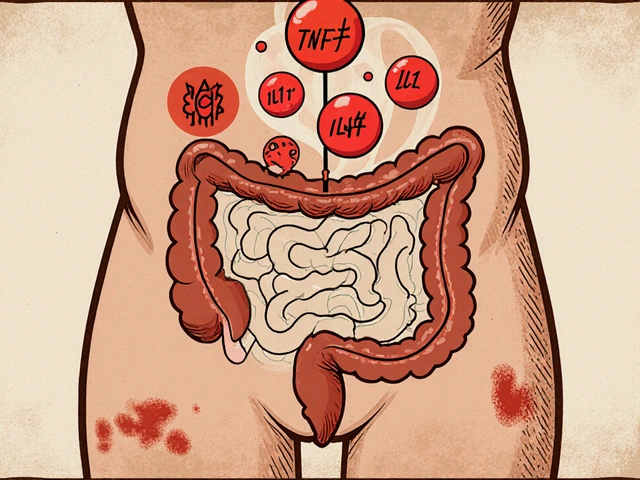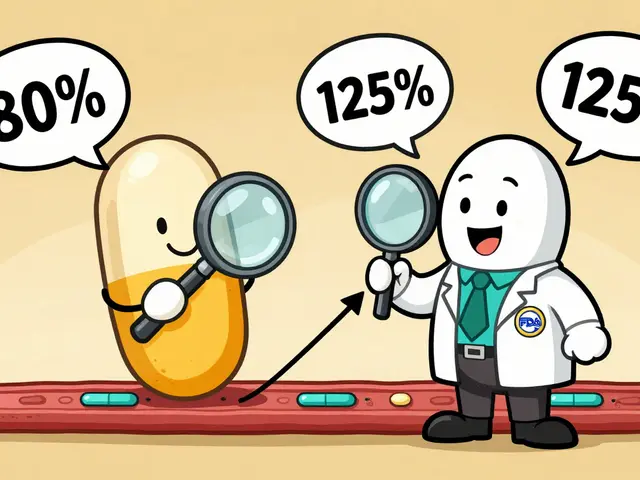KDIGO Guidelines: What They Are and Why They Matter
If you’ve ever wondered why doctors keep mentioning KDIGO, you’re not alone. KDIGO stands for Kidney Disease: Improving Global Outcomes, a group that puts together the most trusted rules for treating kidney problems. These guidelines cover everything from early detection to transplant care, and they’re used by doctors worldwide.
Why should you care? Because the KDIGO recommendations turn complex research into simple steps you can follow at home or discuss with your doctor. They help you understand what tests you need, how to manage blood pressure, and which medicines work best for chronic kidney disease (CKD).
How to Use KDIGO Guidelines in Everyday Life
First, talk to your healthcare provider about which KDIGO stage you’re in. The guidelines split CKD into five stages based on kidney function, and each stage has its own set of actions. For example, if you’re in stage 3, the focus is on controlling blood sugar, reducing salty foods, and monitoring protein in your urine.
Second, keep track of the key numbers the KDIGO docs emphasize: eGFR (estimated glomerular filtration rate) and albumin‑to‑creatinine ratio. Knowing these values lets you and your doctor spot problems early and adjust treatment before things get serious.
Recent KDIGO Updates You Should Know
In the past year KDIGO released new guidance on managing diabetic kidney disease and on the use of SGLT2 inhibitors – a class of drugs that not only lowers blood sugar but also protects kidney function. If you take a medication like dapagliflozin, the KDIGO advice can help you understand why your doctor prescribed it and what benefits to expect.
Another hot topic is the KDIGO stance on kidney stone prevention. The guidelines now recommend a balanced calcium intake, limited oxalate foods, and personalized hydration plans. Simple changes like drinking enough water and cutting back on sugary drinks can make a big difference.
All of this information lives across multiple articles on AutoradioRx. Whether you’re looking for a deep dive on dapagliflozin, tips on managing hypertension, or a quick FAQ about kidney health, the KDIGO tag pulls everything together in one spot.
Bottom line: KDIGO isn’t just another acronym; it’s a practical toolkit for anyone dealing with kidney issues. Keep an eye on the latest updates, ask your doctor how the guidelines apply to you, and use the resources on this page to stay informed and empowered.

Telmisartan for Chronic Kidney Disease: Comprehensive Review
- By : Tamsin Riverton
- Date : Sep 8 2025
Explore how Telmisartan works, the evidence for its use in chronic kidney disease, safety tips, guideline recommendations, and practical advice for patients and clinicians.




